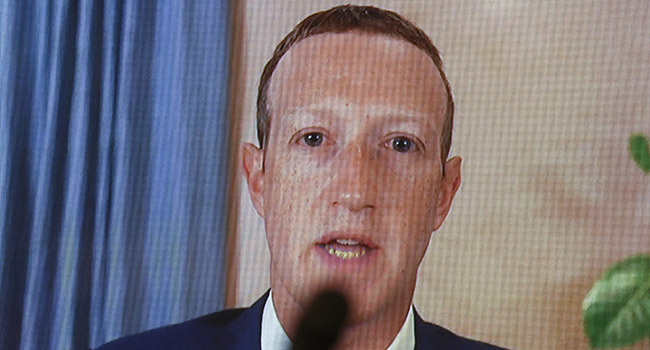
New York Times
By Damien Cave
A digitally savvy nation, Australia woke up Thursday to a shock on Facebook: the news was gone.
The social media giant had decided to block journalism in Australia rather than pay the companies that produce it under legislation now before Parliament.
And then Australians discovered it wasn’t just those staples that were missing. Pages for state health departments and emergency services were also wiped clean. The Bureau of Meteorology, providing weather data in the middle of fire season — blank. An opposition candidate running for office in Western Australia, just a few weeks from an election — every message, gone.
Even pages for nonprofits providing information to domestic violence victims fell into the Facebook dragnet, along with those for organizations that work with the poor and vulnerable.
Frightening
“It’s quite scary when you see it happen,” said Elaine Pearson, the Australia director at Human Rights Watch, which lost its own Facebook posts with in-depth reports on deaths in Australian police custody, on the coup in Myanmar and on many other topics.
More frightening was what remained: pages dedicated to aliens and UFOs; one for a community group called “Say No to Vaccines”; and plenty of conspiracy theories, some falsely linking 5G to infertility, others spreading lies about Bill Gates and the end of the world.
Facebook initially blamed the proposed law (which is expected to pass within days) for the disappearances, including what it called the legislation’s too-broad definition of news. Later in the day, Facebook promised to revive vital public service pages, which seemed to roll back online gradually.
Josh Frydenberg, Australia’s federal treasurer, who would oversee how the law was carried out, was among the first Thursday to declare that Facebook’s actions revealed the kind of abusive tactics that demanded government intervention.
“What today’s events do confirm for all Australians is the immense market power of these digital giants,” he said.
One possible result is that Facebook users look elsewhere. Crikey, an independent news outlet, has been encouraging that with a simple message: “Don’t get Zucked. Get news straight from the source.”
First Nations Media
Some small publishers will find that difficult. Naomi Moran, the vice chair of First Nations Media, an association of news organizations in Aboriginal and Torres Strait Islander communities, said that many of its outlets specifically focused on Facebook distribution — “and now it’s gone.”
c.2021 The New York Times Company



